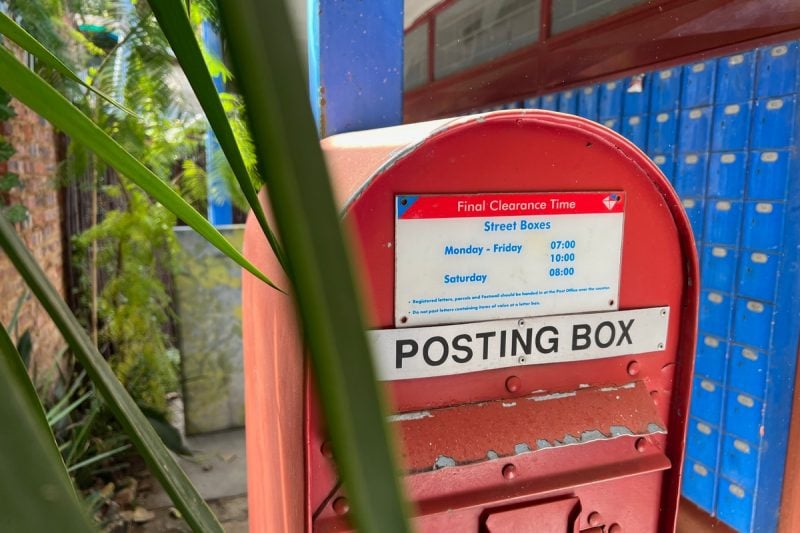Post Office circling the drain in South Africa

Revenue generated by traditional South African postal services decreased by over R1.2 billion between 2023 and 2024.
This is according to the Independent Communications Authority of South Africa’s (Icasa) State of the ICT Sector report released at the end of March.
Parcel deliveries fulfilled by the postal sector took the greatest hit, dropping to 3.3 million in 2024 from 17.6 million in 2023.
However, this number significantly increased from just over 8 million in 2021 to 15 million in 2022, and then to 17.6 million in 2023.
Icasa noted that this data was based on a questionnaire that received very few responses from companies in the unreserved postal sector.
The regulator said private courier companies have proliferated due to the rise of e-commerce in South Africa, which has driven the demand for faster, more reliable delivery services, something the Post Office cannot keep up with.
“These operators have capitalized on technological advancements, expanding their logistics networks and offering a wide range of services, from same-day deliveries to international shipping,” the regulator said.
Registered letters, which offer additional security and tracking services, decreased by almost 100 million between 2023 and 2024.
The decline, which saw registered letters sent last year drop to 153 million from 251 million the year prior, was attributed to a decrease in domestic and international outbound services.
These dropped from 247 million in 2023 to 148 million in 2024.
Icasa added that this indicates a shift in consumer demand and the effects of evolving communication technologies.
“The postal sector has faced numerous challenges in recent years, largely driven by technological advancements and shifting consumer preferences,” the report says.
“The rise of digital communication, email, and online shopping has significantly reduced the demand for traditional postal services. Issues such as inefficiencies in delivery networks and the growing costs of maintaining a large workforce have further strained the sector.”
Postal sector employment also took a significant hit, decreasing from 15,303 employees in 2025 to 9,507 in 2024.
Post Office placed in business rescue

The job cuts were primarily caused by the Post Office being placed in business rescue in July 2023.
Business rescue practitioners Anoosh Rooplal and Juanito Damons were appointed to formulate a plan adopted in December of that year.
As part of being placed into business rescue, the Post Office received a R2.4 billion injection from National Treasury, which it used to cover operations, settle debts, and pay salaries and severance packages.
In early September, the Post Office reported that 4,875 people had been retrenched out of the 11,083 total staff.
Of its 1,023 branches, only 113 were profitable, so 366 were closed. This left 657 branches nationwide.
Its debt to secured creditors was reduced by 88% to R842 million. By the end of July, it had paid 98.6% of this.
Rooplal and Damons also reduced the state entity’s liabilities from R8.7 billion upon entering business rescue to R440 million by the end of June this year through deep compromises.
Statutory and payroll creditors will be paid an additional 18 cents per rand dividends when the Post Office receives the R3.8 billion from the Treasury.
Damons and Rooplal previously warned that the Post Office would reach day zero on 30 October 2024 should it not receive the R3.8 billion.
That was the same day finance minister Enoch Gondongwana delivered his medium-term budget policy statement — where he vowed that the Post Office would not receive further bailouts.
However, neither the day zero nor the R3.8 billion bailout came to fruition.
Communication ministry spokesperson Kwena Moloto said the Department of Communications and Digital Technologies has engaged the National Treasury to reallocate unused SITA SA Connect funds to the Post Office to sustain the institution in the short term.
“However, this is not a lasting solution,” he warned. “The reality is that the department’s budget simply cannot sustain repeated bailouts.”
































